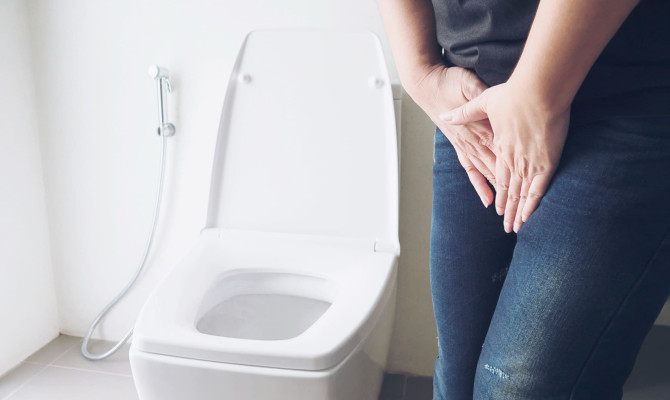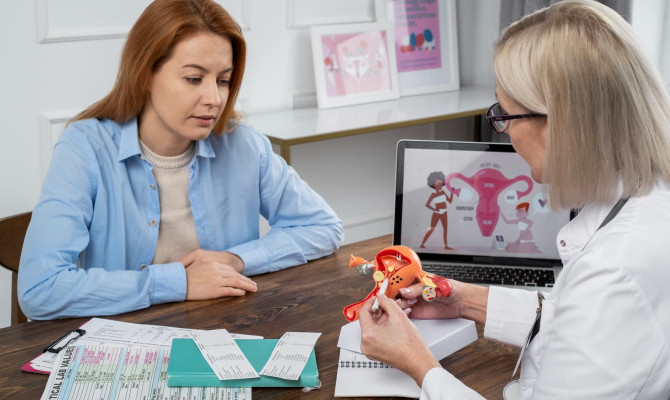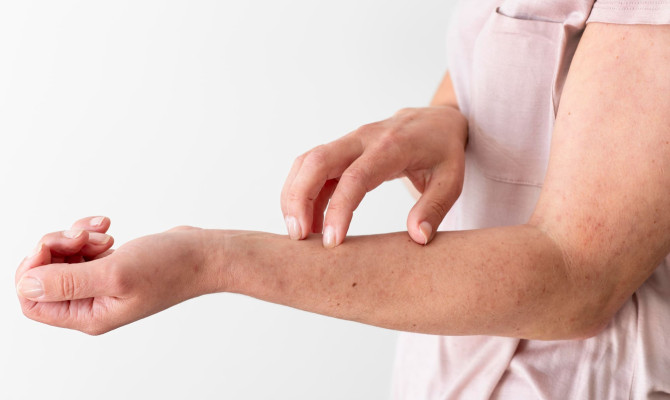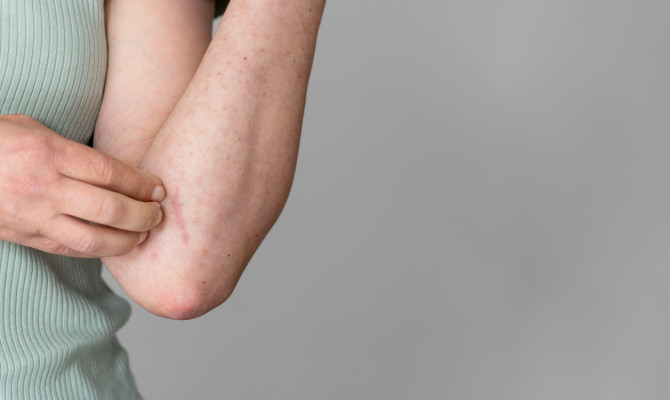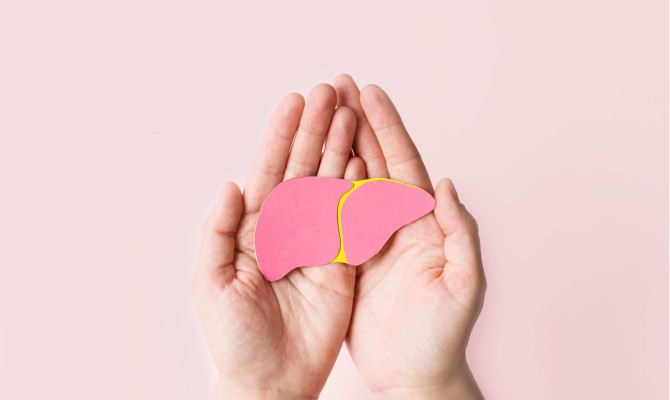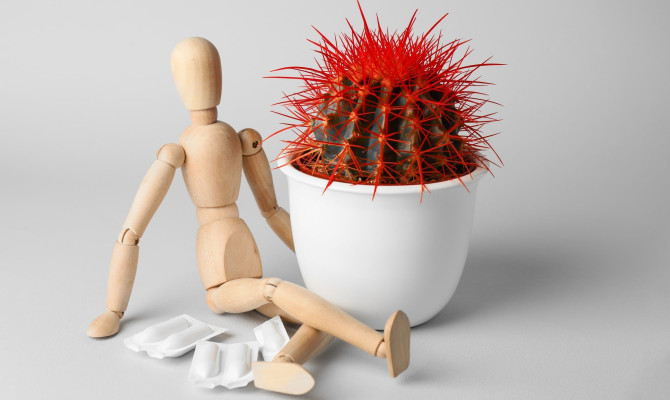Benign Prostate Enlargement: Symptoms and Treatment

- Benign Prostate Enlargement
- 14 Aug 2023
Overview
What is Benign Prostate Enlargement?
Benign Prostate Enlargement (or benign prostatic hyperplasia (BPH)) is the non-cancerous swelling of the prostate gland due to increased cell growth.
What is the Prostate gland?
The prostate gland is the male reproductive organ located beneath the urinary bladder and secretes a fluid (called semen) that carries sperm.
Benign Prostate Enlargement
- Generally, the prostate gland grows during the adult age of a men’s life
- It is a common condition encountered in older adults over 50.
- The enlarged prostate compresses the urinary bladder and touches the urethra (urine passing tube). Urinary bladder compression can result in difficulty in passing urine through the contracted thin urethra.
- With time the urinary bladder muscles become feeble due to continuous urine passage through the thin urethra, and this could lead to incomplete urination and other related problems like kidney and urinary tract infections.
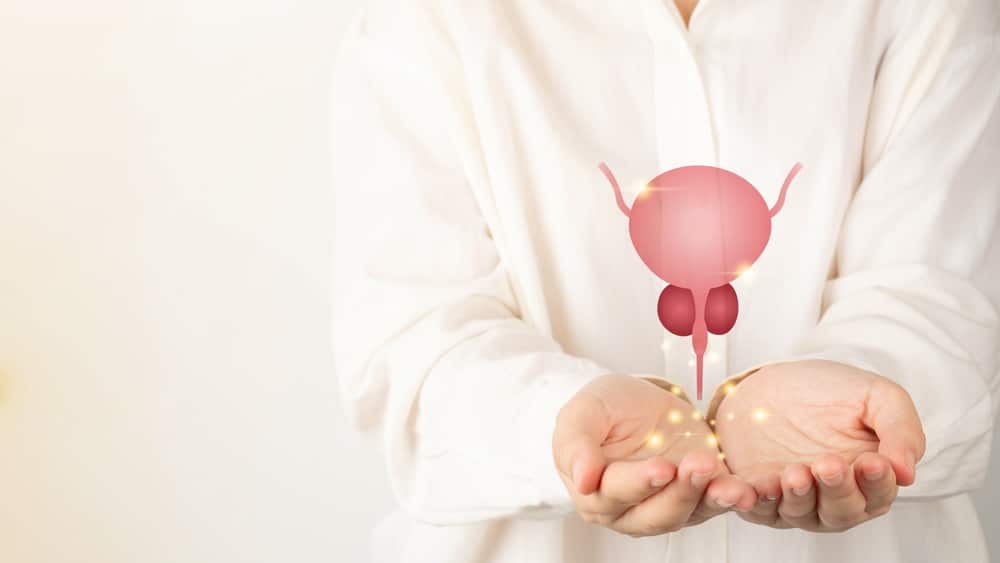
Symptoms
Symptoms
Difficulty in passing urine at the start of urination
- Incomplete urination
- The desperate need to urinate frequently within hours
- The slow passing of urine
- Discontinuous urine flow with several times of start and stop in between
- Frequent night urination
- Leaking after the end of urination
- Unusual urine color and smell
- Pain during urination and ejaculation
- Rare Symptoms of Benign Prostate Enlargement
- Unable to urinate
- Passing blood in the urine
Causes
Causes
The cause of Benign Prostate Enlargement is unknown to date but certain hormonal changes in males during the ageing process may lead to the disease such as
- High proportion of estrogen(female hormone usually present in small amount in male) within the prostate gland
- High levels of dihydrotestosterone (a male hormone) in older males
Risk factors for developing Benign Prostate Enlargement
- Growing age (50 years and above)
- Hereditary history(BPH problem exists in the family)
- Being Overweight
- Diabetes(high sugar)
- Lack of physical activity
- Hypertension (high blood pressure) 1causes of benign prostate enlargement| Researched based study from sciencedirect.com
Diagnosis
Diagnosis
- Digital Rectum exam-This test checks for enlarged prostate by inserting a finger into the rectum.
- Urine test-The urine sample is tested for any infection or other conditions
- Blood test-The test is done to rule out kidney problems
Test for enlarged prostate
Prostate-specific antigen(PSA) test
- It is a test to detect prostate cancer
- PSA test checks for prostate-specific antigen (PSA) in the blood. PSA are a semen protein found in the prostate gland, and a small amount is in the blood. The PSA level increases in prostate cancer.
Postvoid residual volume test
The test checks for any residual urine in the urinary bladder after urination. The test is performed either by using
- An ultrasound(imaging technique) , or
- By placing a catheter(thin tube) into the bladder
Urinary flow test
- It is a test to check the flow rate of urine (i.e. urine flow with time)
24-hour voiding diary
- The diary keeps track of the number of times and the amount a person urinates in 1 day.
Test for serious BPH condition
- Prostate biopsy-A tissue sample is removed with a thin needle from the prostate gland to examine for prostate cancer.
- Transrectal ultrasound-This technique uses sound waves to visualize the prostate gland and its adjacent tissue.
- Cystoscopy-It is a thin tube with a camera to visualize the interior of the urinary bladder and urethra.
Treatment
Treatment of Benign Prostate Enlargement
Medications
5-Alpha Reductase Inhibitors
These are medicines to block dihydrotestosterone and increase urine flow. Some examples are-
- Finasteride.
- Dutasteride
Alpha-blockers
These are medicines to improve urine flow and reduce the symptoms of BPH. Some examples are-
- Silodosin
- Alfuzosin
- Terazosin
Combined drug therapy
Here, the patients are given 5-Alpha Reductase Inhibitors and Alpha-blockers. Some examples are-
- Tamsulosin and Dutasteride
- Doxazosin and Finasteride
Drugs to relax prostate gland muscles
- Doxazosin
- Terazosin
- Silodosin
- Alfuzosin
Medications to decrease DTH hormone production
- Dutasteride
- Finasteride
Surgeries
Less invasive surgery
- These surgeries could be done without needing a hospital stay for patients, and recovery is much faster.
Water Vapor Thermal Therapy
- This technique uses water vapour to damage the cells compressing the urethra.
- Can be done with a local anaesthesia
Prostatic Urethral Lift (PUL)
- It uses steel inserts to separate and lift the prostate lobes apart so that it cannot squeeze the urethra and obstruct the urine flow.
Water Vapor Thermal Therapy
- This treatment uses water vapor (steam) to destroy prostate cells squeezing the urethra.
Transurethral Microwave Therapy (TUMT)
- It uses microwave energy to destroy prostate tissue. The treated tissue is passed with urine or adsorbed by the body.
Catheterization
- It inserts a tube (catheter) into the bladder to drain and collect the urine.
More invasive surgeries
Transurethral Resection of the Prostate (TURP)
- TUIP is a surgical operation which uses laser light to cuts a small tissue from the inside of the prostate gland
Transurethral Incision of the Prostate (TUIP)
- It makes minor cuts in the prostate gland to broaden the urethra to improve urine flow.
Photo selective Vaporization (PVP)
- It is a laser treatment to vaporize and remove parts of the tissue in the prostate gland.
Holmium Laser Enucleation of the Prostate (HoLEP)
- It uses a laser beam to destroy parts of overgrown prostate tissue
Thulium Laser Enucleation of the Prostate (ThuLEP)
- It uses a different laser to destroy the surplus prostate tissue
Transurethral Vaporization of the Prostate (TUVP)
- It uses solid electric current to vaporize and damage the prostate tissue
Transurethral Water–Jet Ablation (TWJA)
- It uses high-pressure water jets to damage the overgrown prostate tissue.
Simple prostatectomy
- It is the surgical removal of the inner part of the prostate gland to relieve the BPH symptoms. Either of the two methods carries it out.
- Open surgical operation (lower abdomen is cut open)
- By laparoscopic technique(surgery done making small incisions in the body) 2Treatment of benign prostate enlargement | Researched based study from nih.gov
Alternatives

Alternative treatment
Lifestyle modification
- Regular exercise
- One should stop Alcohol and caffeine consumption
- Remain stress-free
- Urinate when one gets the first compulsion
- Urinate even if one does not get the urge
- Avoid huge water consumption at one time; instead, consume it in parts
Diet
A diet rich in vitamins and minerals can keep the prostate healthy. Some of them are –
- Salmon
- Sesame seed
- Pumpkin seeds
- Bell peppers
- Avocado
- Watermelon
- Papaya
- Apricot
- Tomatoes
- Tofu
Natural remedies
Rye Grass
The pollens of the rye grass plant are used for making medicines and are helpful
- Controlling pain
- Inflammation of prostate glands
Saw palmetto
- Is the dwarf palm tree extract and
- It prevents testosterone conversion to dihydrotestosterone in the body
- Inhibits excess prostate growth
African plum extract
- The bark of the African plum extract helps control the symptoms of BPH, such as
- Night urination
- Urine left residual
- Prostate size
Stinging nettle
- Stinging nettle is a herb containing anti-inflammatory and antioxidant properties. It contains vitamins (A and C), minerals, fats and polyphenol.
Stinging nettle helps in-
- Controls the BPH symptoms
- Reduces inflammation
- Increases the immune response of the body
Green tea
Green tea is rich in polyphenols and has inflammatory, antioxidant and anti-cancer properties.
- It can improve the immune system
- Prevent prostate gland growth
However, green tea also contains caffeine which makes one urinate more. So people should consume green tea at a moderate level.
Zinc
An older person has more estrogen preventing zinc uptake in the intestine. So, increasing zinc intake can complement zinc deficiency.
- Zinc decreases the DHT production
- Helps in controlling the BPH symptoms
- Zinc also decreases the growth of the prostate gland
Soy
Soy obstructs the receptor sites that estrogen uses for DTH accumulation.
Soy helps in-
- Reduces prostate growth
- Increases the urinary flow
- Reduces the left urine volume in the urinary bladder
Omega-3 fatty acids
It is a polyunsaturated (has a chemical structure having a double or triple bond and does not change into cholesterol easily) fat required for proper cell functioning of the body.
Omega-3 fatty acids-
- Reduce the risk of prostate cancer
- It also helps in preventing inflammation of the prostate gland
Cranberry
Cranberry is a short shrub containing anti-inflammatory properties.
Cranberry helps in-
- Reducing night-time urination
- Reducing emergency urination
- Improves the urine flow
Lycopene
Lycopene is a pigment found in vegetables and fruits that contain antioxidant properties. it is helpful in-
- Improves the immune system
- Improves the symptoms of the prostate gland
- Controls inflammation
- Reduces risk of prostate cancer
Complications
Complication associated with Benign Prostate Enlargement
BPH advanced stages can have the following complications
- Complete urethra blockage
- Urinary tract infection
- Chronic urinary retention
- Bladder infection
- Bladder stones
- Kidney malfunctioning and damage
- Blood in urine
Prevention
Preventive measures
There are no preventive ways for benign prostate enlargement.
However, one can prevent the disease from progressing any further in the following ways-
- Consulting a urologist immediately when one notices an enlarged prostate
- Going for regular health checkups
- Being alert to the symptoms of benign prostate enlargement could start early treatment
Any feedback on this article?
 This Articles content was accurate
This Articles content was accurate Very Informative Article
Very Informative Article I have a question or a comment
I have a question or a comment
 This article contains inaccurate content
This article contains inaccurate content This article was not helpful
This article was not helpful I have a question or a comment
I have a question or a comment
We appreciate your helpful feedback!
Checkout our social pages
References
-
Science Direct
Benign Prostatic Hyperplasia/Causes/Hypertension
-
National Institutes of Health
Benign Prostatic Hyperplasia/Treatment/laparoscopic












